Veřejná Debata | Zelená a digitální — nepřehlédli jsme sociální oblast?
Evropské čtvrtky ve Skauťáku
JustGreen Klima fórum | Zapojení domácností a občanů do spravedlivé transformace
EuroLens Journal #1: Bezpečnost Evropy v sázce
O Institutu EUROPEUM
EUROPEUM je nezávislý think-tank zaměřený na evropský integrační proces. Provádíme původní výzkum a organizujeme veřejné aktivity. Dále formulujeme nové myšlenky a doporučení ke zlepšení domácí a evropské politiky.
Události
Pořádáme pravidelné semináře, debaty, konference, workshopy a kulaté stoly zaměřené na aktuální evropská témata.
Projekty
Naše dlouhodobé projekty pomáhají zvyšovat povědomí o Evropské unii a posilují mezinárodní spolupráci.
Články
Náš výzkumný tým publikuje články reagující na témata spojená (nejen) s evropskou integrací.
Události
Pořádáme pravidelné semináře, debaty, konference, workshopy a kulaté stoly zaměřené na aktuální evropská témata.
Projekty
Naše dlouhodobé projekty pomáhají zvyšovat povědomí o Evropské unii a posilují mezinárodní spolupráci.
Články
Náš výzkumný tým publikuje články reagující na témata spojená (nejen) s evropskou integrací.


JustGreen Klima fórum | Zapojení domácností a občanů do spravedlivé transformace

Evropské čtvrtky ve Skauťáku
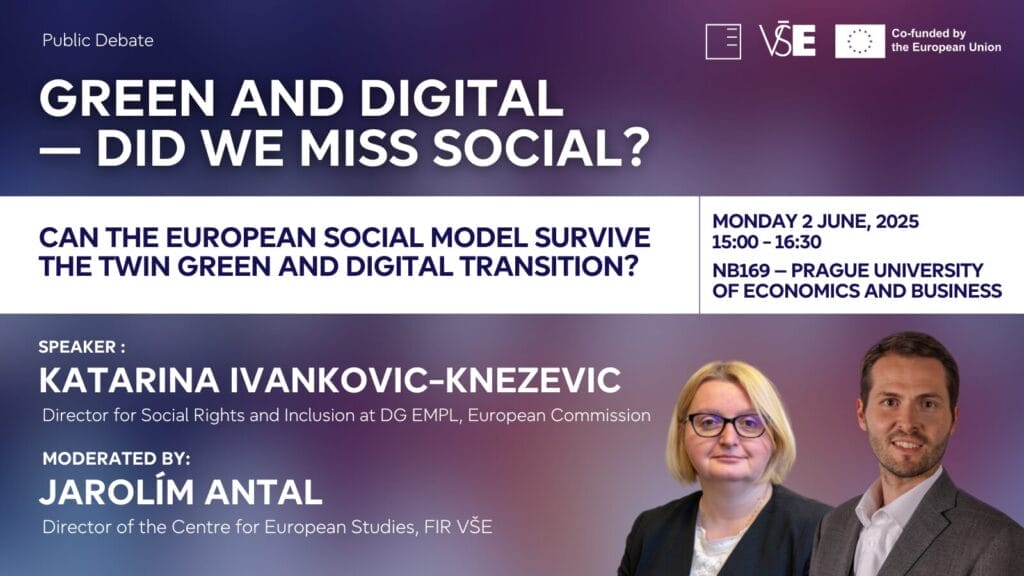
Debata | Zelená a digitální — nepřehlédli jsme sociální oblast?

Co nového v Evropském parlamentu? Reflexe plenárního zasedání

Veřejné natáčení podcastu - Jak je na tom Evropa 80 let od konce 2. světové války?

Report | Obnova Ukrajiny a podpora jejího členství v EU a NATO

Evropské čtvrtky ve Skauťáku

Seminář o možnostech a pracovních příležitostech v rámci institucí EU

Co nového v Evropském parlamentu? Reflexe plenárního zasedání
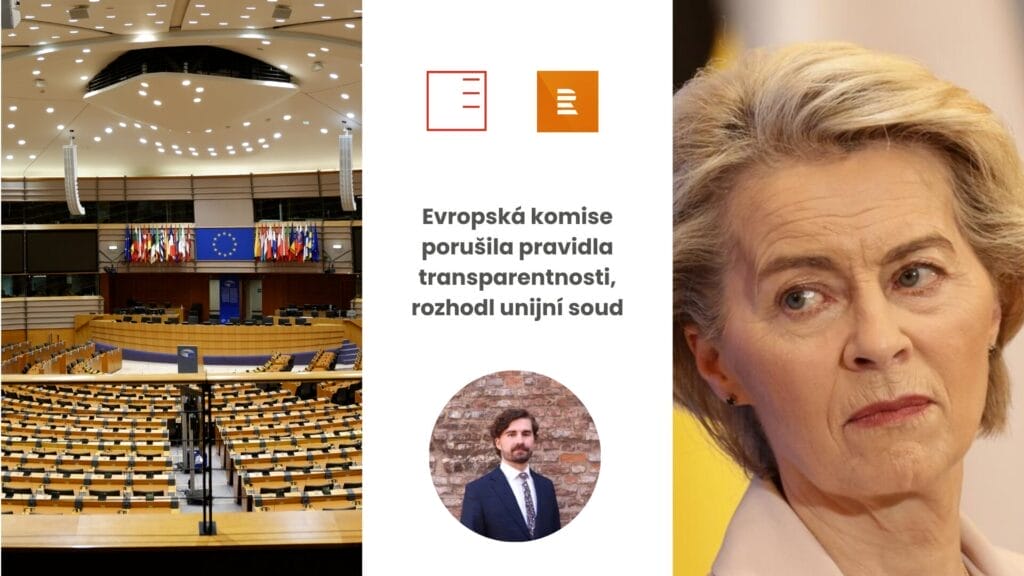
Radiožurnál | Evropská komise porušila pravidla transparentnosti, rozhodl unijní soud
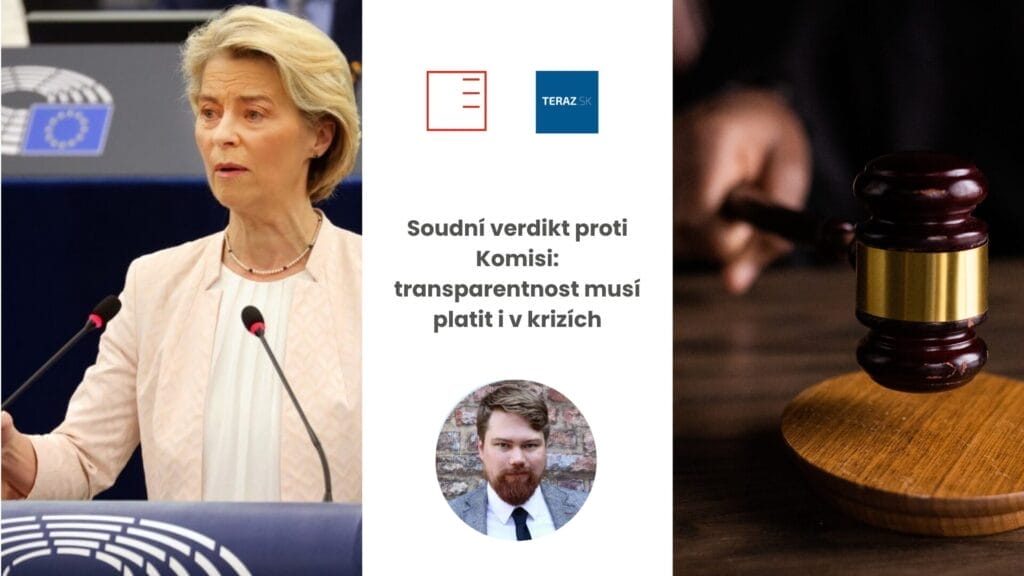
Teraz.sk | Soudní verdikt proti Komisi: transparentnost musí platit i v krizích

Česká televize | Komise chybovala, musí vysvětlit zprávy von der Leyenové s Pfizerem, rozhodl soud
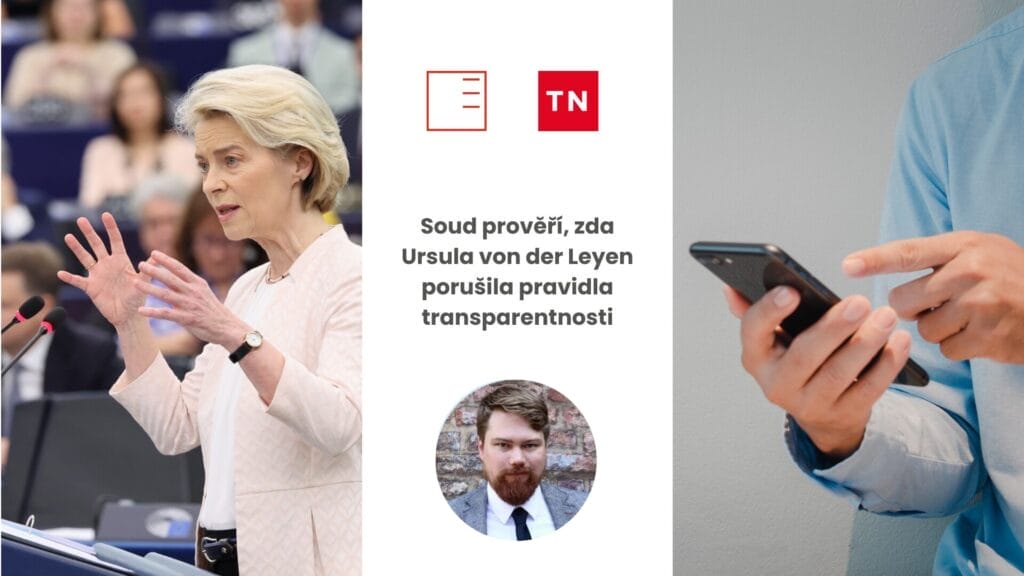
TN Live | Soud prověří, zda Ursula von der Leyen porušila pravidla transparentnosti
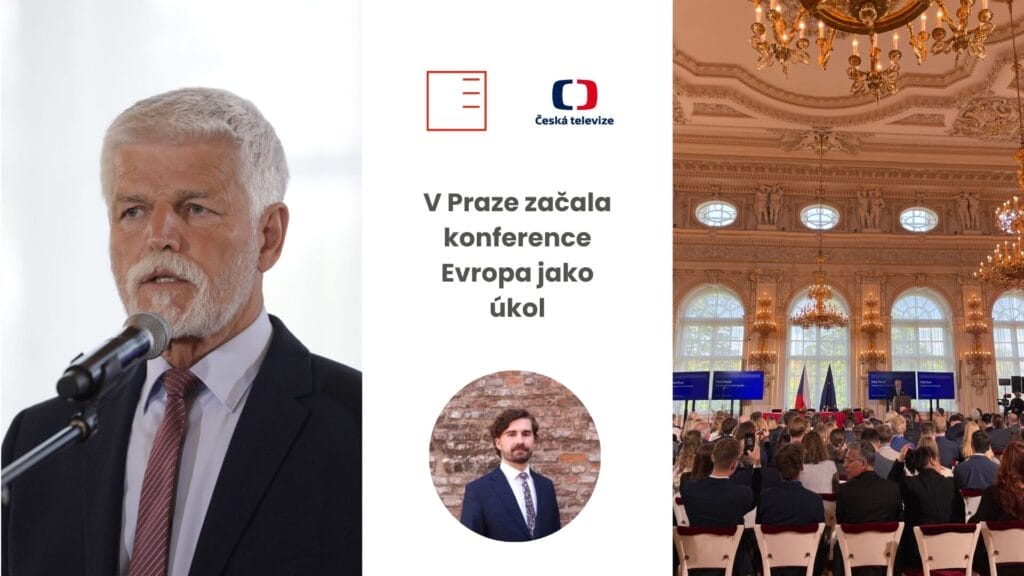
ČT24 | V Praze začala konference Evropa jako úkol

ČRo Plus | Ruský prezident Vladimir Putin navrhl, aby se mírové rozhovory mezi Kyjevem a Moskvou konaly ve čtvrtek v tureckém Istanbulu

JustGreen
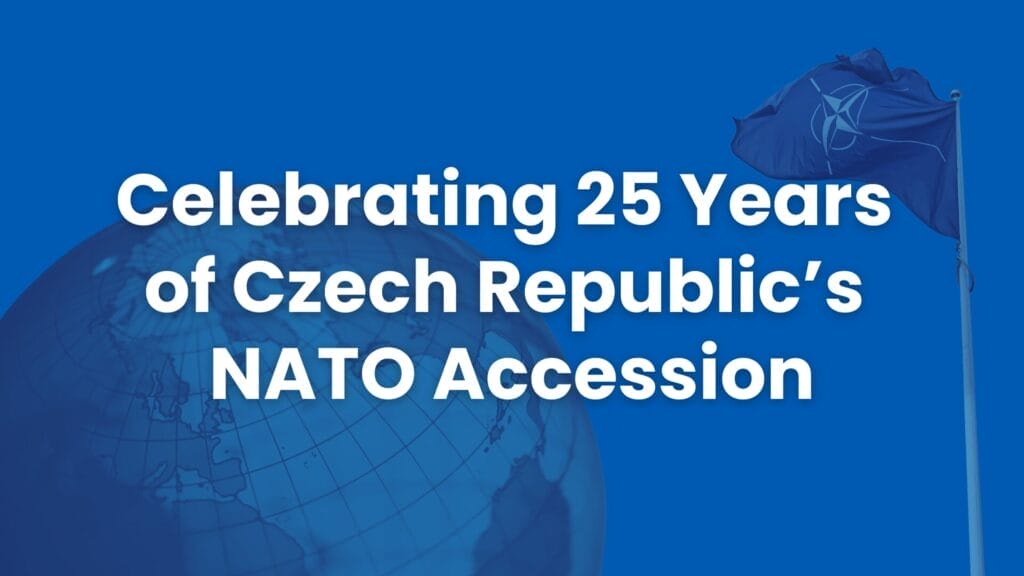
Celebrating 25 Years of Czech Republic’s NATO Accession

Pomoc nezávislým médiím a organizacím občanské společnosti při zajištění přístupu k spolehlivým informacím o Evropské unii a rozšíření EU na sociální média v Arménii.
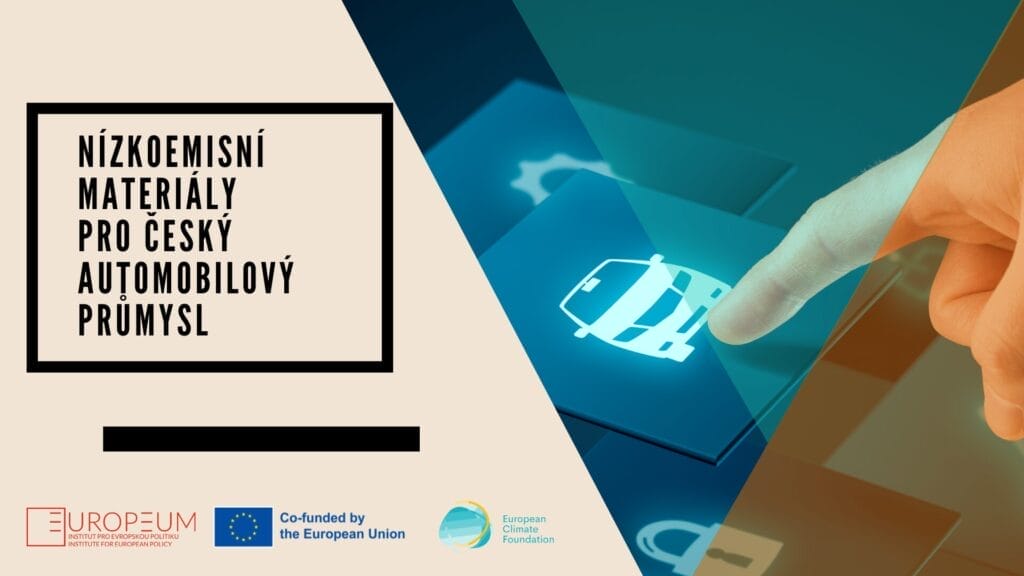
Nízkoemisní materiály pro český automobilový průmysl

Platform Revolution: utváření budoucnosti pro práci v EU a na západním Balkáně

REWEU
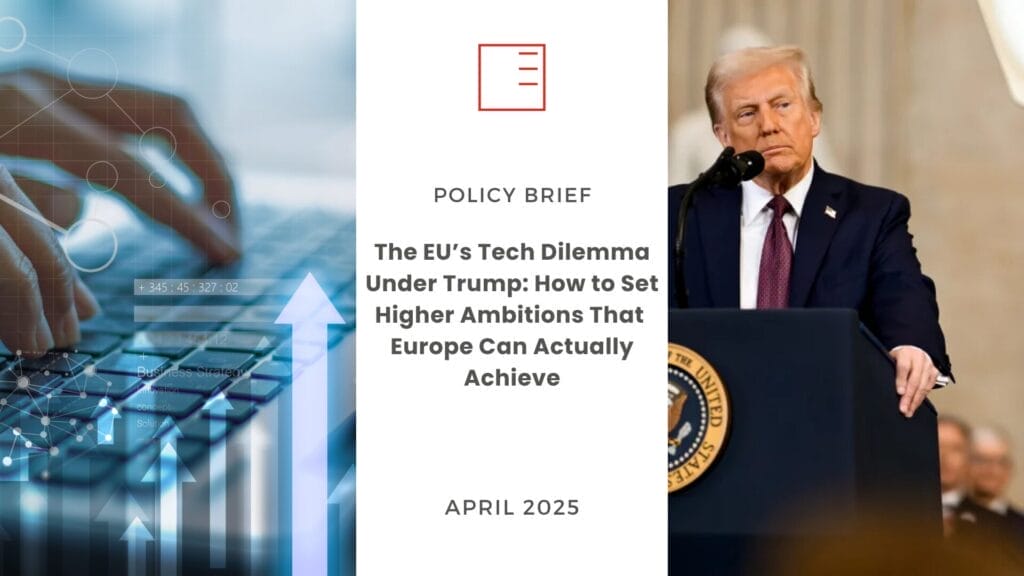
Policy Brief | Technologické dilema EU za Trumpa: Jak si stanovit vyšší ambice, které Evropa skutečně může dosáhnout — 10 doporučení pro cílenou evropskou technologickou strategii
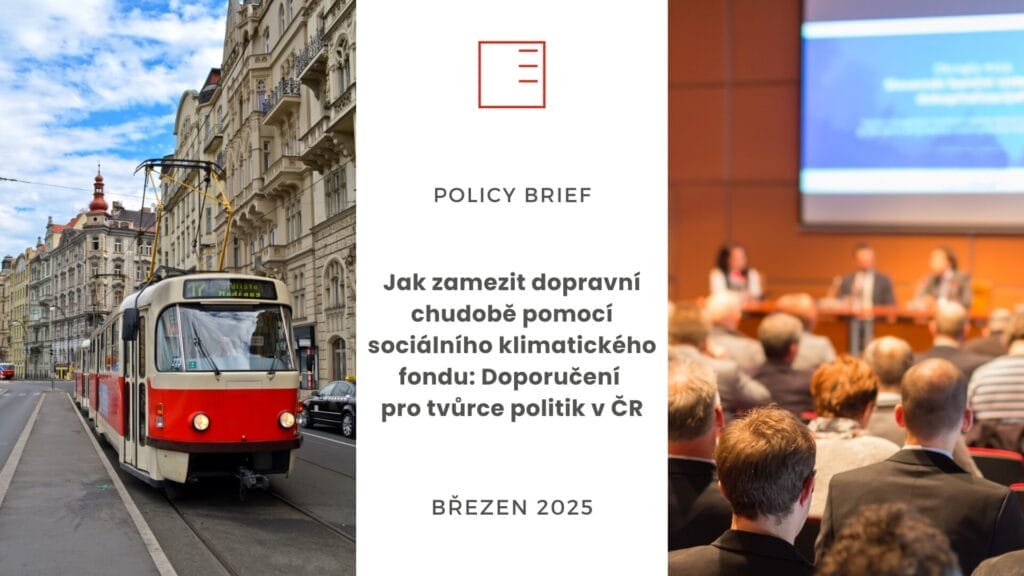
Policy Brief | Jak zamezit dopravní chudobě pomocí sociálního klimatického fondu: Doporučení pro tvůrce politik v ČR

Policy Paper | Řešení dopravní chudoby v České republice
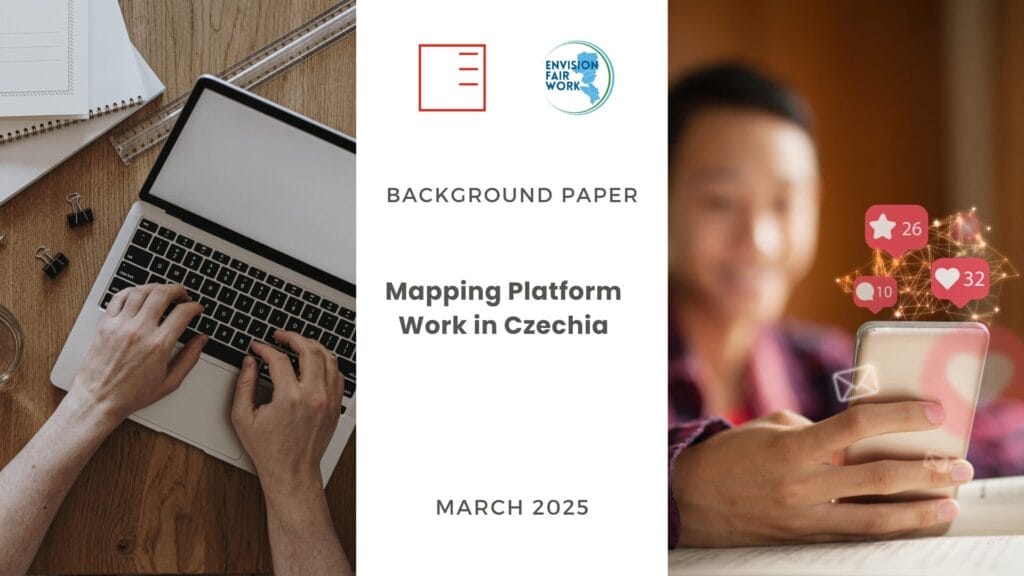
Podkladový dokument | Mapování platforemní práce v Česku
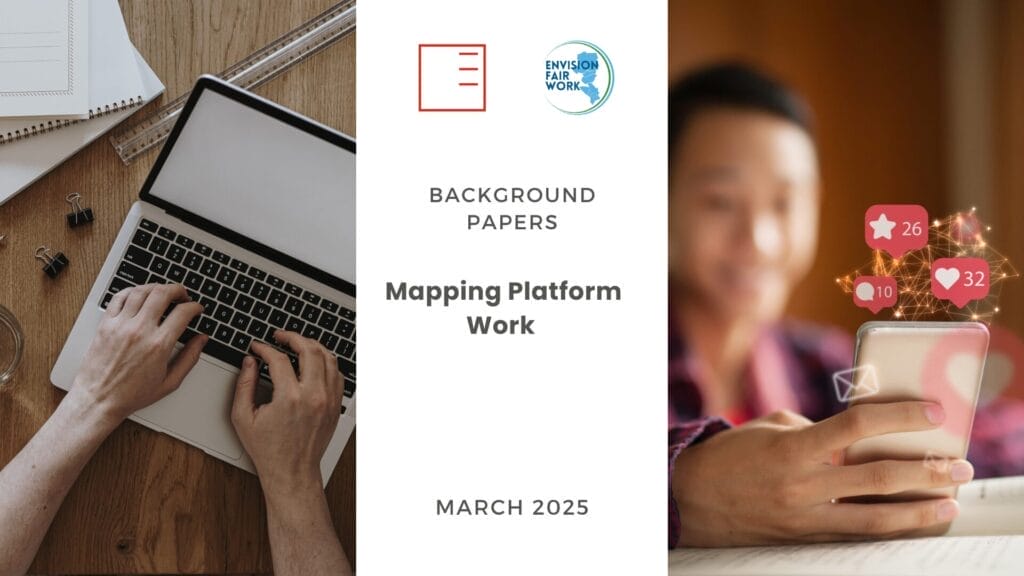
Podkladové dokumenty | Mapování platforemní práce
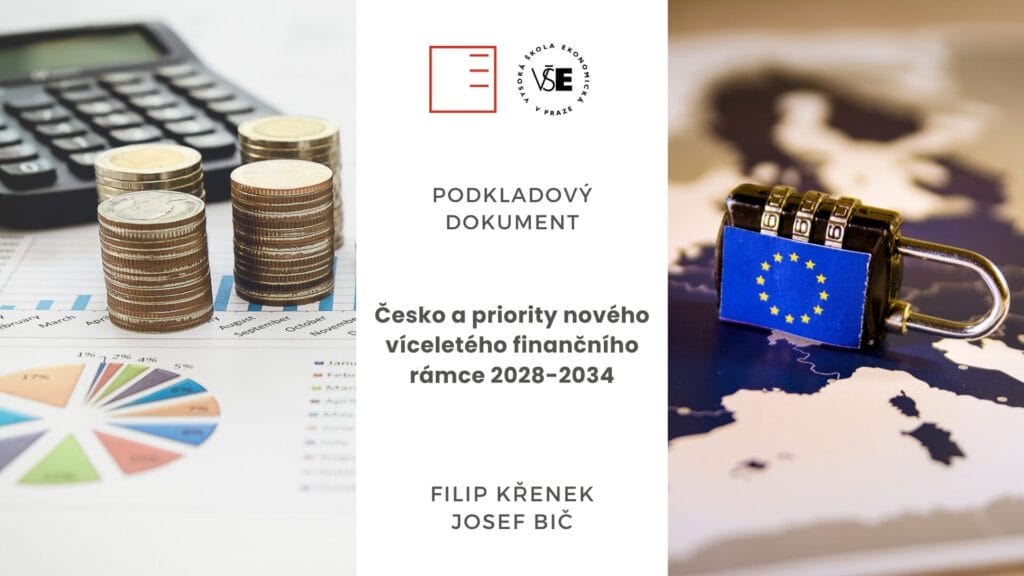
Podkladový dokument | Česko a priority nového víceletého finančního rámce 2028-2034
Sledujte nás na X
Poslechněte si náš podcast
Napište nám
Můžete nás kontaktovat vyplněním formuláře níže, e-mailem, telefonicky nebo prostřednictvím sociálních médií.
110 00, Praha 1













